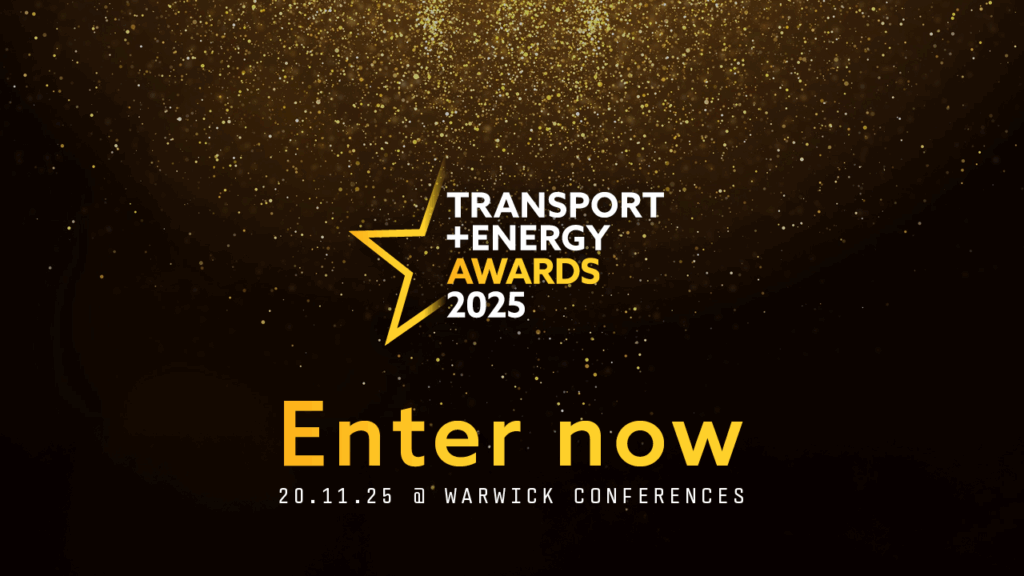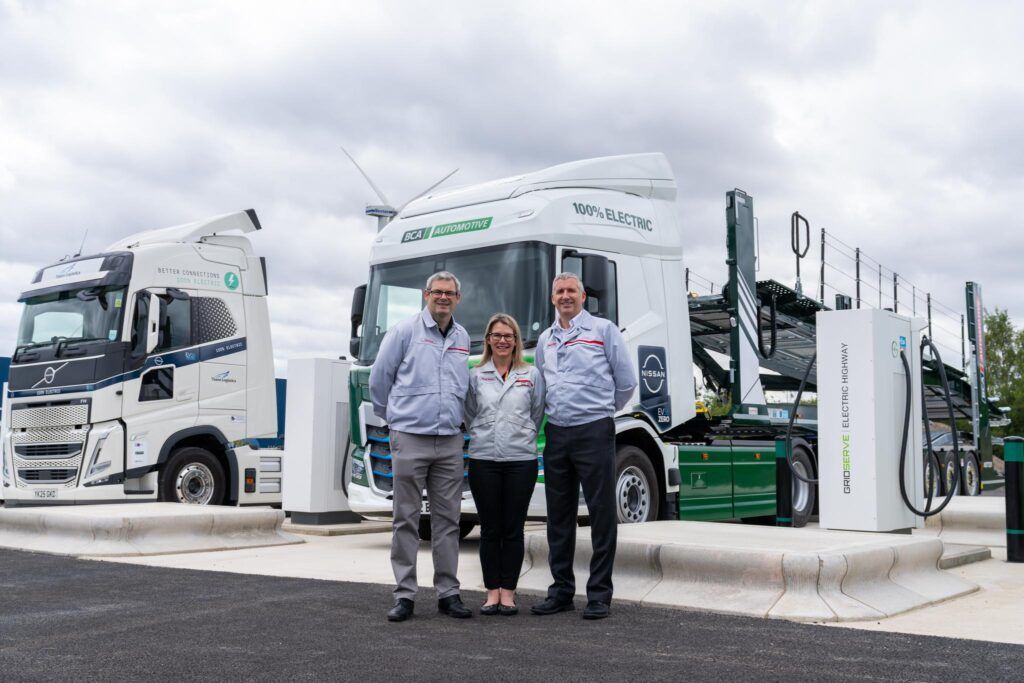Jason Torrance, Assistant Chief Executive of UK100 and a member of the Transport + Energy editorial board, reflects on the Queen’s Speech – with a particular focus on the new energy security and transport bills.
Fifty-fifty is not great odds if you’re a Leeds United fan hoping your team avoids relegation from the Premier League. But evens, as it’s better known in gambling circles, are pretty good odds if you don’t fancy their chances of beating the drop to the next football league down and want to make some money.
However, when the Met Office is announcing the chances of the world heating by more than 1.5C in the next five years, evens are truly terrifying odds. And that was the backdrop for this week’s Queen’s Speech.
But instead of Leeds avoiding relegation in the sport of football, what are the chances the bills introduced in the Queen’s Speech will help the UK achieve our Net Zero goals in a world gripped by a Climate Crisis?
For a publication focused primarily on transport and energy, it seems only right to focus on the new energy security and transport bills.
Energy efficiency
Ahead of the Queen’s Speech, UK100 joined 31 civil society organisations urging the government to use a new energy bill to accelerate Net Zero and end fuel poverty.
However, what was delivered was a bill that, perhaps unsurprisingly, carries over the flaws in last month’s energy security strategy.
From the perspective of a network of climate ambitious local leaders, the overarching flaw, despite the welcome recommitment to Net Zero as an objective, is the failure to recognise the importance of working with local authorities. Local leaders are vital partners in delivering energy security and Net Zero.
The bill also misses the opportunity to acknowledge that the cheapest and greenest energy is the energy we do not use. With the energy price crisis only intensifying pressure on families across the UK, the silence on any efforts to support households to increase energy efficiency and reduce demand is stark.
In fact, the only mention of ‘insulate’ or ‘insulation’ in any of the Queen’s Speech documents published on Tuesday was in a promise to jail Insulate Britain protesters.
Meanwhile, local leaders are currently making a success of the Green Homes Grant Local Authority Delivery scheme to deliver lifelong low-carbon housing. They have demonstrated they can deliver at scale and cost-effectively. But they need more support.
Decarbonising homes should have been a central element of the energy bill — alongside recognition that the best way to deliver quickly, economically and at scale is hand-in-hand with local authorities.
Energy networks
The energy bill delivered better news on the need to redesign our outmoded energy system, even if policy detail was thin on the ground.
Energy system reform is something on which UK100 is working closely with the regulator. And the Queen’s Speech shows the government is also beginning to listen to Ofgem, at least in setting up a Future Systems Operator to help ensure the system is future proof.
But there is no mention of the vital role of local energy systems and local leaders. Different cities, towns and regions will have different energy needs and means of production.
Local authorities are key partners in upgrading our energy network infrastructure to be agile, responsive and make the most of the UK’s clean energy potential.
It’s another area where it would be a mistake to continue leaving local leaders out of the loop.
Renewables
With consistent polling, including from UK100, showing overwhelming public support for onshore wind, it’s disappointing the Prime Minister failed to take the opportunity to use the Queen’s Speech to announce an increased ambition on onshore wind.
It remains one of the cheapest and cleanest routes to boosting energy independence, reduce bills and progress towards Net Zero.
The Queen’s Speech also failed to outline exactly how the Government plans to identify and work with the supportive communities to deliver its modest onshore wind ambitions.
It’s frustrating because at UK100 we work with ambitious local leaders throughout our network, like those in Lancaster and the Cotswolds, who are ready to work with the Government to increase onshore wind capacity.
And the Government needs to work with local leaders and communities to increase the pace and scale of the objectives outlined in the energy bill.
Transport
When it comes to transport, the ambition of the transport bill is welcome in driving the transition to Net Zero. But again, the details are scant.
The establishment of an overarching public rail governing body, Great British Railways, to deliver a better experience for passengers with more punctual and reliable services offers the potential for a welcome public transport boost.
Improving public transport is a key means of tackling the air quality crisis while also supporting the delivery of Net Zero.
But any new railway body must work closely with local leaders, who have a vital role in supporting investment in and delivery of local railway infrastructure.
And there is little detail and no clarity on the role local authorities will play.
Meanwhile, the bill demonstrates that the Government recognises the biggest barrier to the transition to electric vehicles is the lack of charging infrastructure.
But there isn’t anything new on how to deliver it equitably across the country. Something the recently announced Local Electric Vehicle Infrastructure Fund (LEVI) is unlikely to do.
The competitive bidding process for LEVI is only likely to exacerbate the existing inequalities in provision, not alleviate them.
When it comes to electric vehicle charging, the process will favour bidders with significant expertise, experience and infrastructure already.
At the same time, without any statutory imperative, every local and regional authority must be included in designing and shaping the charging plans for their area, region and across Britain if there is any chance of delivering a reliable and consistent charging infrastructure.
Taking bets
The energy bill and transport bill reiterate the Government’s commitment to Net Zero and set out a positive direction of travel.
In the fight against the climate catastrophe and the spiralling energy price crisis, the Government wants to succeed.
But with little detail and a seemingly stubborn refusal to acknowledge the importance of local leaders, the odds of the bills set out in the Queen’s Speech achieving the UK’s Net Zero aims are about evens.
But the Government has the time to lean on their local talents and make a few last-minute changes that will help them defy the odds and avoid relegation from the Net Zero top tier.















